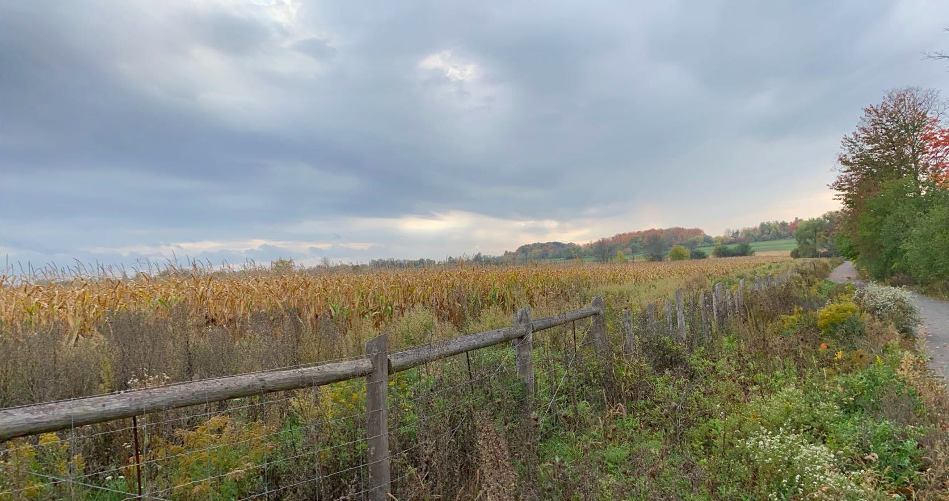Extreme weather caused by climate change, the policy and regulatory environment in the country and protectionism are the three top concerns of those in Canada’s agricultural sector, according to a new survey by Angus Reid Institute (ARI) found.
ARI partnered with the Canadian Agri-Food Policy Institute (CAPI), supported by the Global Institute for Food Security (GIFS) at the University of Saskatchewan, to assess the top concerns of the industry
The survey polled 549 individuals working in agriculture, including 200 farmers and more than 50 members of government.
Out of a list of 35 potential risks, participants were asked to choose what they considered the most significant eight threats to the industry.
More than 60 per cent consider the current policy and regulatory environment is the top risk, while 52 per cent believe it is extreme weather and 50 per cent said trade barriers/protectionism.
The study also found that at least one-in-three survey participants also chose affordability of such things as fertilizer and seeds, farm income and debt, available human resources and climate change in the top eight concerns to the industry.
When extreme weather and climate change are added together more than three in five Canadian farmers and those connected to the sector are worried about the environment they depend upon.
They have reason to be concerned. Canada has witnessed several devastating environmental events in recent years.
The 2023 wildfire season was the most destructive ever recorded in Canadian history, burning more than 15 million hectares and forcing about 232,000 people to evacuate from more than 200 communities. Much of the country was also affected by smoke from the fires for weeks.
The 2021 flood in southern B.C., killed about 630,000 chickens and turkeys, 12,000 pigs, and 458 cows.
While the sector has serious concerns, the survey respondents displayed the typical optimism of the sector.
Future opportunities in international markets and expanding domestic sales potential drew were sited as reasons for hope by the respondents. Three in five had a positive view of the future, compared to one in five with a negative take.
Tempering the optimism is a lack of trust in the capacity of the public and private sectors to solve problems
The study found less than 15 per cent of those in the agriculture industry say they have confidence in government to fix any of the top three concerns, while only about 22 per cent have confidence in private sector solutions.




